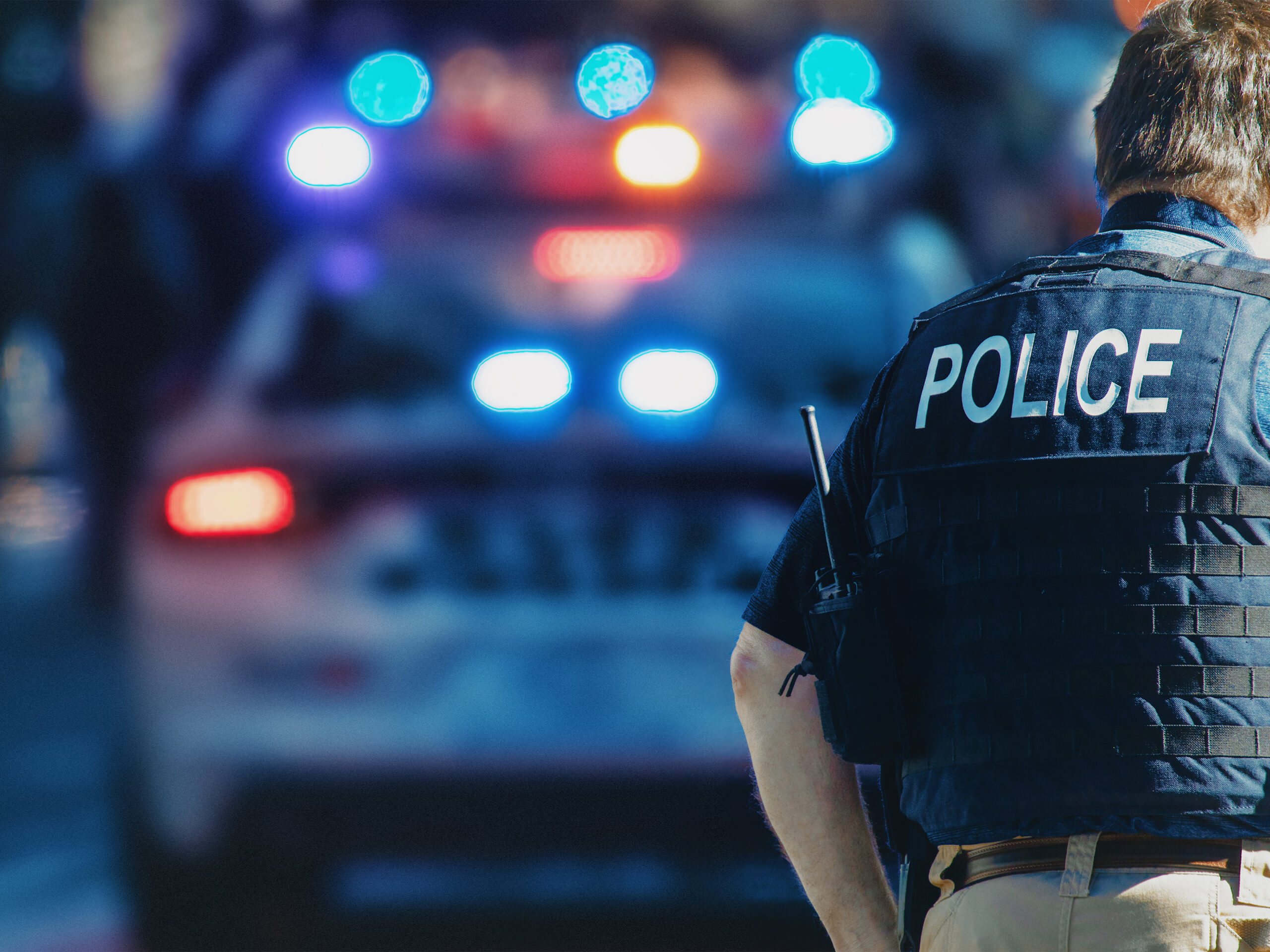Police training is essential to prepare officers for the challenges they may face on the job. While police training courses cover many important areas like safety, investigation, and communication, a significant part of this training now focuses on building strong community relations. Today, effective policing goes beyond enforcing laws; it’s about fostering trust, understanding, and cooperation within communities. In this article, we’ll explore how police training courses address community relations and why it’s important for modern law enforcement.
Why Are Community Relations Important in Policing?
Community relations in policing involve the way officers interact with the public they serve. Good community relations build trust and respect between police and the community, making it easier for officers to protect and serve. When people trust the police, they are more likely to cooperate, report crimes, and feel safe in their neighborhoods.
However, maintaining positive community relations can be challenging. Differences in culture, past experiences, and communication barriers can make interactions difficult. Police training courses now include specific programs to help officers understand these challenges and connect with the communities they serve.
Key Ways Police Training Courses Improve Community Relations
Here are some of the main ways police training courses work to enhance community relations:
1. Cultural Awareness and Sensitivity Training
One of the first steps in building better community relations is understanding cultural differences. Police training courses now often include cultural awareness training, which teaches officers about the diverse backgrounds, beliefs, and values of the communities they serve. By learning about different cultures, officers can approach situations with greater empathy and respect.
Cultural awareness training also helps officers avoid misunderstandings and treat individuals fairly, regardless of their background. This can help build a sense of trust between the police and communities with various cultural identities.
2. De-escalation Techniques
Effective communication is crucial, especially in high-stress situations. Police training courses include de-escalation techniques to help officers manage conflicts calmly and safely. De-escalation involves slowing down a tense situation, listening to people’s concerns, and finding non-violent ways to resolve conflicts.
When officers are trained in de-escalation, they are better equipped to handle situations without using force. This not only improves safety for everyone involved but also helps maintain a positive image of the police within the community. People feel more respected and understood when officers use calm, effective communication.
3. Community Engagement Strategies
To build long-term relationships, police training courses teach community engagement strategies. This involves organizing events, attending community meetings, and finding ways to interact with residents outside of law enforcement situations. By participating in community events, officers can build connections, learn about community concerns, and show that they care about the well-being of local residents.
Engagement strategies help bridge the gap between law enforcement and the public, creating a partnership based on mutual respect. Community members are more likely to approach officers with their concerns or report crimes when they feel a genuine connection.
4. Communication and Active Listening Skills
Good communication is a foundation of strong community relations. Police training courses focus on teaching officers clear and respectful communication, as well as active listening skills. Active listening means paying full attention to the speaker, understanding their concerns, and responding thoughtfully.
When officers communicate effectively, misunderstandings are less likely to occur, and people feel more comfortable sharing information. Active listening can also help officers make better decisions, as they gain a full understanding of a situation before responding. This skill builds a positive rapport and trust between the police and the community.
5. Bias Awareness and Fair Treatment
Unintentional bias can negatively impact community relations. Many police training courses now include bias awareness programs to help officers recognize and address any unconscious biases they may have. By understanding how biases can affect interactions, officers can take steps to treat everyone fairly and equally.
Fair treatment is essential to building trust, as it ensures that all community members are treated with the same respect and dignity. Bias awareness training encourages officers to approach situations without stereotypes or assumptions, creating a more positive perception of law enforcement in the community.
6. Mental Health Crisis Intervention
Police often encounter individuals experiencing mental health crises. Training in mental health crisis intervention teaches officers how to handle these situations safely and compassionately. Officers learn about mental health conditions, how to recognize signs of a crisis, and effective ways to provide support.
By approaching mental health situations with care and understanding, officers can prevent misunderstandings and potential conflicts. This training is especially valuable in communities with limited mental health resources, as it provides a compassionate response and promotes trust.
The Benefits of Improved Community Relations
When police training courses emphasize community relations, it has a positive impact on both officers and residents. Here are some of the benefits:
- Increased Public Cooperation: When people trust the police, they’re more likely to report crimes and share valuable information, helping law enforcement keep communities safe.
- Safer Interactions: De-escalation and effective communication reduce the likelihood of conflicts and increase the safety of both officers and civilians.
- Enhanced Community Trust: Respectful and fair treatment builds confidence in law enforcement, making it easier for officers to do their jobs.
- Better Mental Health Support: Officers trained in crisis intervention can respond effectively to mental health crises, providing appropriate assistance and reducing negative outcomes.
Conclusion
Police training courses that address community relations play a vital role in modern law enforcement. By focusing on skills like cultural awareness, de-escalation, and active listening, these courses help officers build trust and work more effectively with the public. When police and communities work together, everyone benefits from safer neighborhoods, better communication, and a sense of mutual respect.
Community relations training not only makes officers more effective in their roles but also strengthens the bond between law enforcement and the communities they serve. As a result, these skills are essential for any officer who wants to make a positive difference in their community.
For more blogs for you.

